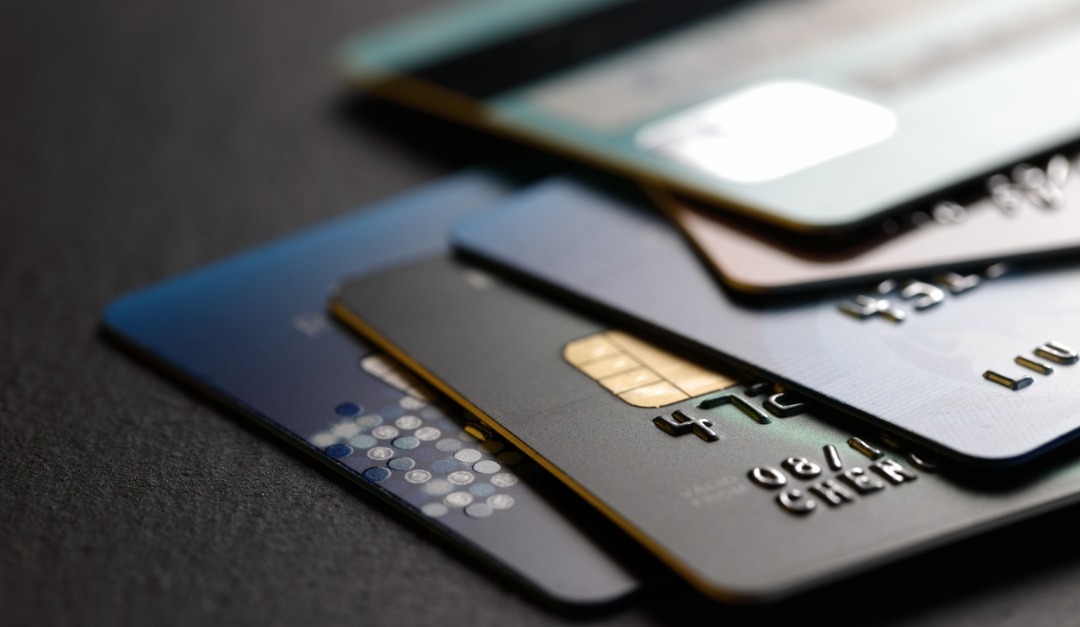
4 Credit Card Myths That You Shouldn't Believe
Credit cards—the most common financial move that almost everyone has something to say about. From your parents and siblings to your coworkers and friends, mixed messages about the rules and risks of applying for and using credit cards have spread like wildfire. The problem is, with so much incorrect information floating around, more and more people are unsure of whether or not to get one, and once they do, how to properly utilize it. Here are some of the most common credit card misconceptions and a bit of smart advice.
Myth 1: Limit Yourself to One Credit Card
Though it is perfectly fine to only have one credit card, you shouldn’t feel limited to just that one. In fact, having a second credit card, not including a store or retail-specific card, can be good for your credit and money management. Your main credit card should be used for regular purchases (often large, such as furniture or appliances) to rack up points and rewards. Just be sure to pay the bill every month. It is, however, smart to have a second credit card for emergency expenses. As long as you are responsible with your purchases, pay the bill on all of your credit cards each month and use less than 10% of your available credit, having more than one credit card can only help your future credit history.
Myth 2: Store and Retail Credit Cards Do No Harm
It has happened to us all—as you are checking out at your favorite stores, cashiers will offer large discounts, sometimes even up to 50% off your purchase, if you sign up for their store credit card. And even though many of us can’t shy away from a good discount, these cards aren’t always the best idea. When you sign up for a credit card, including store cards, an inquiry is triggered on your credit report. Because these are hard credit checks, and if you apply for multiple lines of credit in a short amount of time, this can not only make you seem like a risky lender, but it can also drop your credit score up to 30 points. Also, even though the offer may seem enticing, remember that most store and retail cards often charge interest rates that exceed 20%, making it harder and longer for you to pay off these debts.
Myth 3: One Missed Payment Will Not Affect Your Credit Report
Unfortunately, even one missed payment, whether it be a credit card, mortgage payment or auto loan, can definitely affect your score. This is even more true the higher your credit score is—the higher it is to start, the harder you fall when you miss a payment. If you are working on a budget, or you are simply someone who forgets to make a payment until a late notice arrives, consider setting up automatic payments for your credit cards. This will help you avoid not only missing your due date, but build and maintain your credit report.
Myth 4: Debit Cards and Credit Cards the Same
A common issue with credit cards is how many people treat it as a debit card. But they are, in fact, very different. Debit cards are a direct link to your checking account, and when you make a purchase, the money comes directly from your available cash funds and your transaction is complete. They do not have interest rates or late fees, however, you can overdraw your account if you spend more than you have. Credit cards, on the other hand, can be more consumer-friendly. If a fraud occurs on your credit card, you will likely have zero liability. According to the Federal Trade Commision, if fraud occurs to your debit card and you do not report it within two business days, you may be charged up to $500. When it comes to large purchases, such as furniture, or transactions like filling up your tank at the gas station without knowing the final price, debit cards can be challenging, as your purchases may be declined or a hold may be put on your account for up to $100, even when you only spent $20. Credit cards can be used up to their credit limit and will be accepted everywhere.